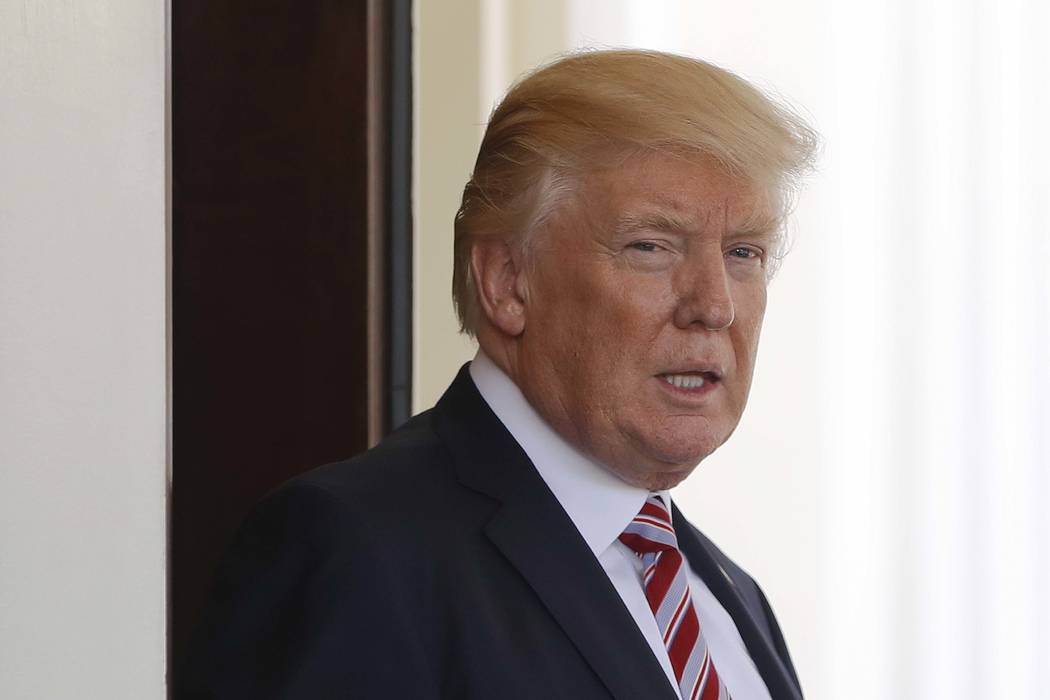EDITORIAL: Trump DACA decision gives Congress a chance to enact a legislative solution
Reaction to President Donald Trump’s decision to end DACA — the Deferred Action for Childhood Arrivals program — was predictable from the usual quarters. “Cowardly” and “cruel” were two of the more restrained words that Democrats used to describe the move.
But that misses the larger picture.
In a democratic republic, a chief executive who chooses to govern by executive order, no matter how well-intentioned, threatens our system of checks and balances. And that is precisely how former President Barack Obama preferred to operate. His unilateral creation of DACA — which allowed thousands of young people whose parents brought them to the United States illegally to stay in the country — is a prime example. On more than one occasion, the judiciary took a dim view of Mr. Obama’s rule by decree.
Ten states had already threatened to sue to overturn the DACA program, and many observers felt they had a good case in arguing that Mr. Obama had overstepped his constitutional authority. Mr. Trump’s decision, in fact, may offer the best hope of a resolution to this controversial issue.
Rather than end DACA outright, the president opted to wait six months before his administration stops renewing permits for those covered. This provides “a window of opportunity for Congress to finally act,” Mr. Trump said.
As much as DACA proponents wish otherwise, the Constitution empowers the legislative branch — not the executive branch — to write the nation’s laws. Mr. Trump is simply recognizing that reality.
There is plenty of Republican congressional support for crafting legislation to allow the so-called “Dreamers” to stay in the country under certain conditions. The president himself has openly sympathized with those affected. In addition, both Sen. Lindsey Graham, a South Carolina Republican, and Rep. Carlos Curbelo, R-Fla., have previously proposed such legislation. On Tuesday, Sen. Graham said he supported Mr. Trump’s six-month reprieve and “will work to find a legislative solution.”
While many pundits preferred to speculate on potential internecine squabbles among GOP factions on the contentious matter, of equal importance is the willingness of Democrats to come to the table. Do they really want a solution here, or would they rather use DACA as a political bludgeon in their effort to retake the House and Senate? Will their resistance to everything Trump override their concern for the 800,000 youngsters in question?
Most Americans likely support some sort of compromise that recognizes the plight of these kids and young adults but also reflects an understanding that the nation has a right to control its own borders and to enforce its immigration laws. There is now an opening for a bipartisan legislative solution if Democrats can move off blanket amnesty — and don’t be surprised if the president backs off the six-month deadline.
But if Congress leaves current law intact, the Trump administration is prepared to enforce federal statutes. That is consistent with constitutional principles.




























